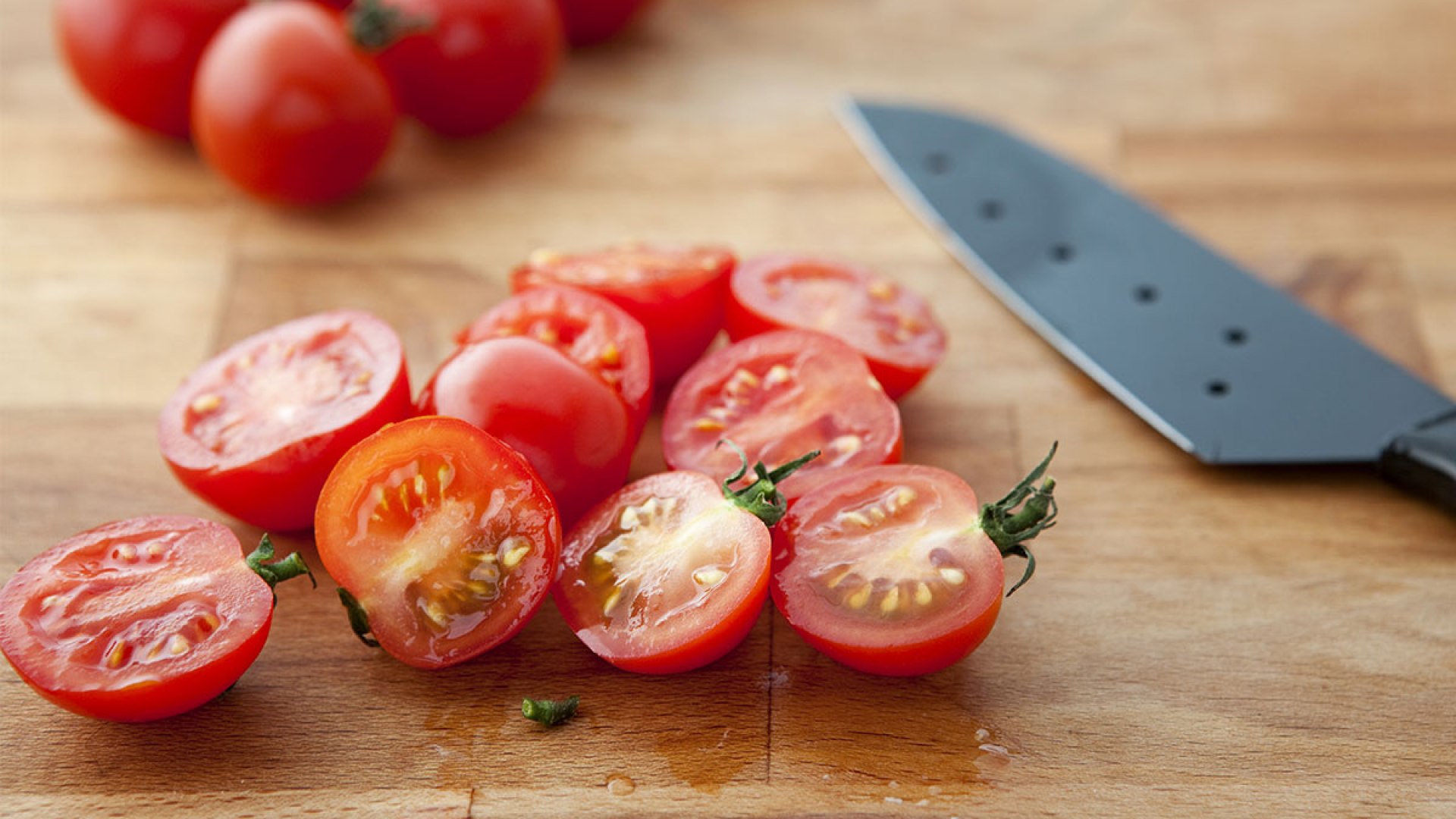Learn about brain health and nootropics to boost brain function
11 Healthy Foods That Make You Smarter, According to Doctors

Brain teasers and filling in the Sunday crossword puzzle aren’t the only ways you can get smarter. In fact, even doing these brain training exercises won’t be as effective at nurturing your noggin as they could be if you aren’t eating the right diet.
“Folate, iron, beta-carotene, and vitamin C are all nutrients necessary to make your brain cells work efficiently,” says Monisha Bhanote, MD, FCAP , a triple board-certified physician and the Founder and CEO of Integrative Medicine | Well-being.
Many of these brain-boosting nutrients are considered essential, meaning you can only get them by consuming the right foods. Many foods are not only great sources of these nutrients, but some foods have been scientifically proven to improve cognitive abilities and mental acuity; reduce age-related mental decline; and boost memory function in humans—all making you smarter in the process.
We asked doctors for their recommendations for the healthiest foods to make you smarter. Eat these for a sharper mind, and for more on how to eat healthy, you won’t want to miss these 21 Best Healthy Cooking Hacks of All Time . Shutterstock “The neurotransmitter Dopamine is responsible for helping us focus and thinking fast on our feet, but most people don’t realize that half of the dopamine our body uses is made in our gut,” says Christine Bishara, MD , the founder of From Within Medical, a medical wellness practice that places emphasis on the mind-body and gut-brain axis to prevent and manage disease. “This means that some of the foods we eat can actually increase our dopamine production and make us smarter. Foods that naturally increase Dopamine should contain its precursor, the amino acid Tyrosine. This includes a variety of beans, especially black beans, kidney beans, walnuts, eggs, and hard cheeses,” adds Dr. Bishara. Shutterstock “To achieve a sharper mind, there’s no better way than focusing on improving your lifestyle which includes getting proper sleep, staying physically active, and eating healthy food,” says William W. Li, MD , an internationally renowned physician, scientist and author of the New York Times bestseller Eat to Beat Disease: The New Science of How Your Body Can Heal Itself . Blueberries are a great food to do just that. “These favorite fruits contain a natural bioactive chemical called anthocyanin that helps brain neurons perform their tasks. They are available year-round and are so very versatile.” Dr. Li recommends eating them for breakfast, as a snack, or using them in baking. Shutterstock “Researchers have found a protective connection between tea drinking and cognitive decline later in life, and the rock star for this benefit is called epigallocatechin-3-gallate (EGCG). Whether you use tea bags or loose leaf tea, remember that you can steep the tea a few times to keep getting the good stuff,” says Dr. Li. Shutterstock “The golden spice contains curcumin which reduces inflammation and oxidative stress in the brain, and even has evidence for protecting against dementia,” says Dr. Li. “Turmeric is not only a critical ingredient in curries but is fabulous in smoothies and can be used as a culinary spice to light up a stir fry, baked chicken or fish, and soups and stews.” Shutterstock “The lycopene found in tomatoes can help the brain learn and retain memories. Ignore the myths about lectins and dive right into enjoying your pasta sauce and salsa,” says Dr. Li. “Pro-tip: cherry tomatoes are small but mighty — packed with lycopene.” Shutterstock “People always talk about the physical benefits of eating apples, but the mental benefits are just as significant,” says Lior Lewensztain, MD, founder & CEO of That’s it. Nutrition . “Regular consumption of antioxidant-packed apples has been linked to an anti-aging effect on the brain, leading medical professionals to believe that regular consumption of the fruit can actually improve memory and possibly even ward off Alzheimer’s disease.” This is just one reason why apples are on our list of 7 Healthiest Foods to Eat Right Now . Shutterstock “I’m a huge proponent of consuming probiotics daily to maintain a thriving gut bacteria,” says Dr. Lewensztain. “Recent studies have shown a close connection between the brain and the gastrointestinal track, causing many to believe that the digestive system isn’t just for digesting food – a well-functioning gut may also be essential to guiding emotion and maintaining cognitive function.” Shutterstock “Pumpkin seeds protect your brain cells from free radical damage with their antioxidant property. These seeds are rich in micronutrients such as zinc, magnesium, copper, and iron that are essential for better brain function,” says Dr. Rashmi Byakodi, a health and wellness writer and the editor of Best for Nutrition . Shutterstock “Oranges have vitamin C, which plays a major role in preventing age-related mental decline and Alzheimer’s disease. Vitamin C is a powerful antioxidant that can combat free radicals causing brain cell damage,” says Dr. Byakodi. Shutterstock “According to studies , nuts can reduce the occurrence of neurodegenerative diseases. With healthy fats, vitamin E, and antioxidants, these nuts support your brain health with sharp memory. Almond, hazelnut, and walnut; three nuts are known for neuroprotection in Alzheimer’s disease,” says Dr. Byakodi. Shutterstock “Filled with flavonoids, caffeine, and antioxidants that have brain-boosting properties. Chocolate is a well-known mood enhancer, and according to studies, it can boost both memory and mood. There is evidence that cocoa flavonoids can acutely improve cognitive function in humans, possibly via mechanisms such as increased cerebral blood flow,” says Dr. Byakodi. For more on how chocolate impacts your health, see What Happens to Your Body When You Eat Chocolate .